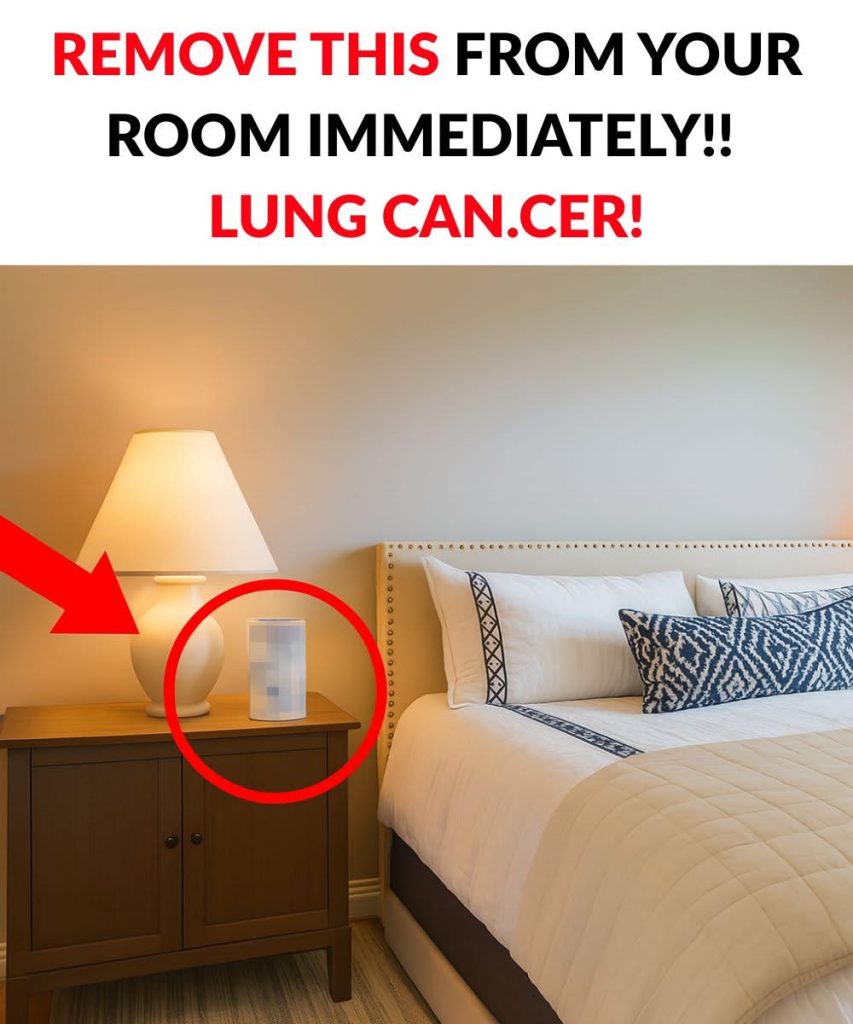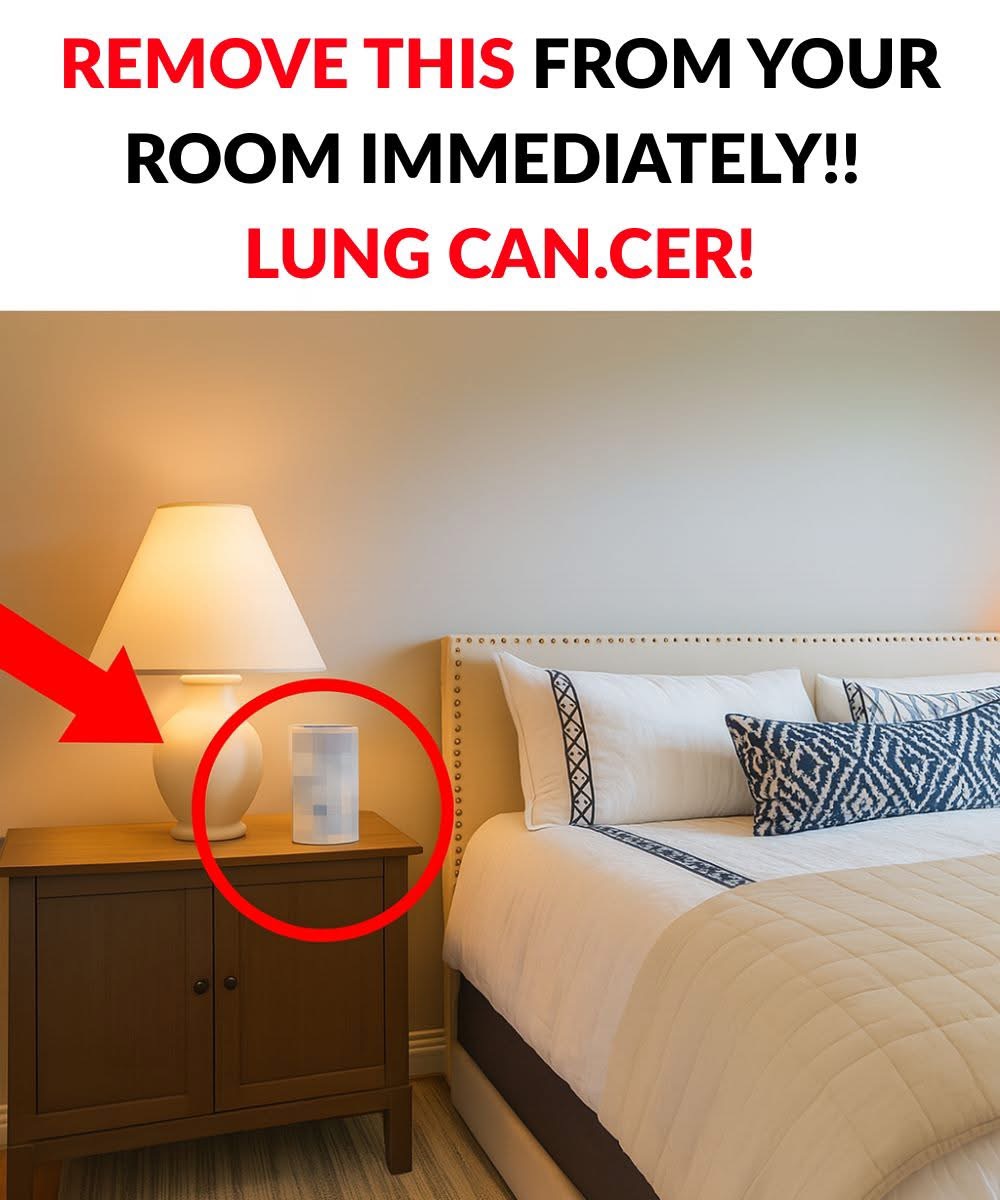
Lung Cancer: 6 Everyday Items That Could Harm Your Health
Cancer remains one of the most challenging diseases, with causes ranging from genetic factors and immune system issues to everyday environmental exposures. Heavy metals, radiation, and various carcinogens can quietly infiltrate our bodies, trigger cellular changes, and pave the way for cancer development.
We often think locking our doors and washing our hands is enough, but many hidden dangers lurk within our own homes. Let’s look at six common household items that can expose us to harmful substances and increase our health risks.
- Scented Candles and Air Fresheners
While they make a room smell lovely, scented candles and air fresheners can release harmful chemicals like limonene and phthalates.
Limonene, known for its citrus scent, can transform into formaldehyde—a known carcinogen—when it reacts with air. Prolonged exposure to formaldehyde has been linked to inflammation, liver toxicity, lung cancer, breast cancer, and risks for pregnant women and unborn babies.
Phthalates, used to prolong fragrance, are endocrine disruptors that can disturb hormonal balance, raise liver cancer risk, and pose dangers to reproductive health.
Burning scented candles, especially in closed spaces like bedrooms, can also increase carbon monoxide levels, leading to headaches, dizziness, and nausea. If you love these products, use them sparingly and ventilate your home regularly.
- Air Humidifiers
Humidifiers are great for adding moisture to dry air, but they can become breeding grounds for bacteria if not properly maintained.
Studies have shown that both tap and purified water used in humidifiers can harbor microorganisms after just one night. Stagnant water inside the device creates an ideal environment for bacteria such as Pseudomonas aeruginosa, Streptococcus pneumoniae, and Legionella, which can cause respiratory illnesses.
To stay safe, clean your humidifier’s tank every other day and ensure it dries completely when not in use.
- Dry Cleaning
Clothes that require dry cleaning often come into contact with chemicals derived from petroleum, like benzene and ethylbenzene, both harmful to human health.
Most concerning is perchloroethylene, the primary solvent used in dry cleaning and classified as a carcinogen. Long-term exposure raises the risk of esophageal, uterine, and bladder cancers. Inhaling these chemicals can also cause dizziness, fatigue, memory issues, and skin irritation.
Always remove the plastic cover from freshly dry-cleaned clothes and air them out for several hours before storing them in your closet.
- Cash Register Receipts
Those small receipts you get at stores might seem harmless, but they’re often printed on thermal paper containing bisphenol A (BPA), a chemical known to disrupt hormones.
Regular exposure to BPA has been linked to hormonal imbalances, early puberty, birth defects, and increased risks of uterine and breast cancers, diabetes, and obesity.
Handle receipts carefully—hold them by the unprinted edge, and avoid keeping them in your pockets or wallet for long periods.
- Hairbrushes
Hairbrushes can harbor significant amounts of bacteria, which may lead to scalp issues like itching, dandruff, folliculitis, or even contribute to hair loss.
To keep your brush clean, soak it in warm, soapy water for at least 10 minutes, scrub it thoroughly with a toothbrush, and let it dry completely in the sun.
- Remote Controls
TV remotes are surprisingly full of germs. Research published in the Journal of Infection Prevention found that remotes often host bacteria such as Staphylococcus aureus, E. coli, pneumococcus, and Enterococcus faecalis. These bacteria can cause skin infections, respiratory issues, abdominal pain, and urinary tract infections.
Remotes in hotel rooms are especially contaminated. Wipe them down with an alcohol-soaked cloth before using, and don’t forget to regularly clean your own at home.
In summary, although our homes contain countless potential hazards, simple habits like regular cleaning, careful handling of household items, and better ventilation can go a long way toward protecting your health and well-being.
